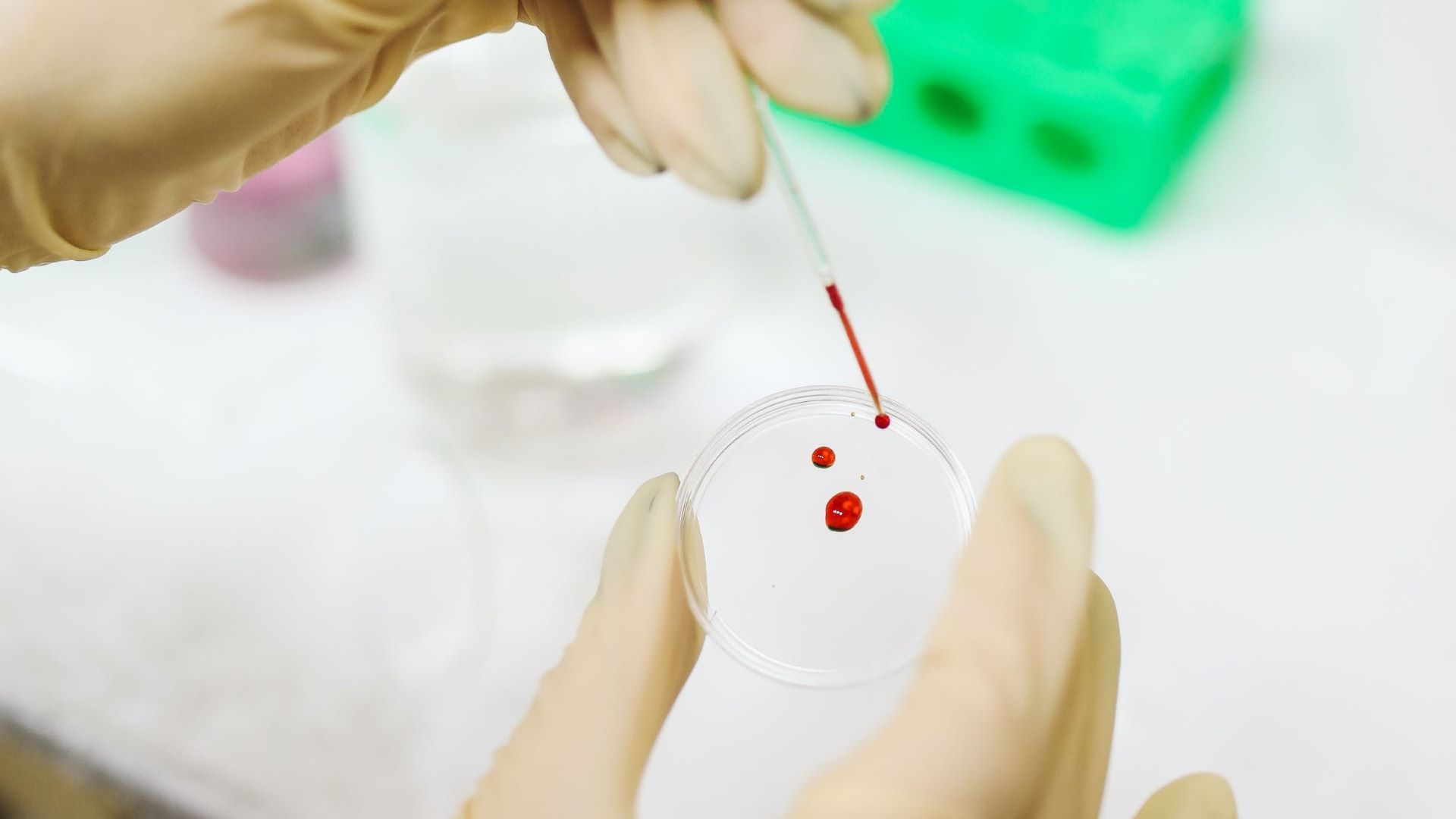The Lamen
How a blood test could predict your rate of aging

A team of researchers believes that they can predict if you’re aging too fast through a relatively simple blood test.
Photo: Pexels
Your body’s main organs age at a different rate, and measuring these changes through a blood test could help predict illnesses and bodily decline, according to a new study published in Nature.
Why it matters: After analyzing blood plasma from over 5,000 people, the researchers found that around 20 percent of those over age 50 had one organ aging at an accelerated rate.
- This “accelerated organ aging” is believed to increase the risk of death between 20 to 50 percent — but not all organs have the same impact.
- Accelerated aging of the heart was correlated with a 2.5 times greater risk of heart failure. Similarly, accelerated brain and vascular aging could predict Alzheimer’s progression better than current blood-based biomarkers.
- Additionally, about 1 in 60 people in the study had two organs undergoing accelerated aging — which increased the mortality risk by 6.5 times compared to normal aging.
What they’re saying: A simple blood test to measure aging organs can help with “guiding therapeutic interventions well before clinical symptoms manifest,” said an accompanying statement.
- “If we can reproduce this finding in 50,000 or 100,000 individuals… we might be able to treat people before they get sick,” said the study’s senior author Tony Wyss-Coray.
How it works: When asked how old you are, odds are you will answer with your “chronological age,’ — a number that fails to tell the complete story. Aging begins at the molecular level, with hallmarks like telomere degradation and DNA damage. And once this damage reaches a certain threshold, changes can be seen in the mirror.
- Tests that determine your biological age take into account chemical markers on your DNA, biological systems, and proteins in your blood to predict your “actual age.”
- In addition to these tests, they offer certain recommendations based on your scores — anywhere from getting enough sleep to socializing more.
How accurate tests like these are is also something that has been met with skepticism. Companies won’t reveal how exactly their protocol works, but they do acknowledge how certain influencing factors may not be measured.
- “Anti-aging” protocols from notable names like geneticist David Sinclair have also attracted controversy in the past.
Think bigger: The longevity complex is gaining more ground — partly due to the millions being invested by people in companies and protocols that promise a longer lifespan. However, it also points toward how we misunderstand aging.